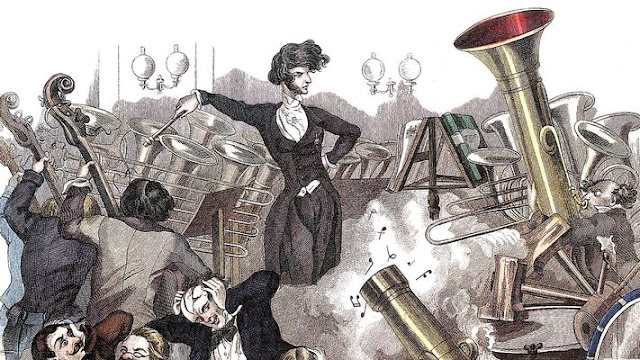The Naxos Ring starts with Das Rheingold.
by Paul J. Pelkonen
 |
Ring leader: Jaap van Zweden at the helm of his Hong Kong forces.
Photo © 2018 Naxos Records/Hong Kong Philharmonic |
There are, by this writer's count, at least thirty commercial versions of Wagner's epic
Ring Cycle available to the consumer today. So what's the need for one more?
This new
Ring, which was produced by Naxos Records in a series of live concerts by the Hong Kong Philharmonic marks the arrival of Jaap van Zweden as a major Wagnerian voice. The Dutch conductor is doing double duty in Hong Kong and New York as music director of both cities' respective Philharmonics, but is still building his international reputation. A complete
Ring such as this (
Götterdämmerung was released this month) is a major step toward music stardom and this recording of
Das Rheingold, in glowing stereo sound with a bright and fresh dynamic range is a good start to the cycle.





















































